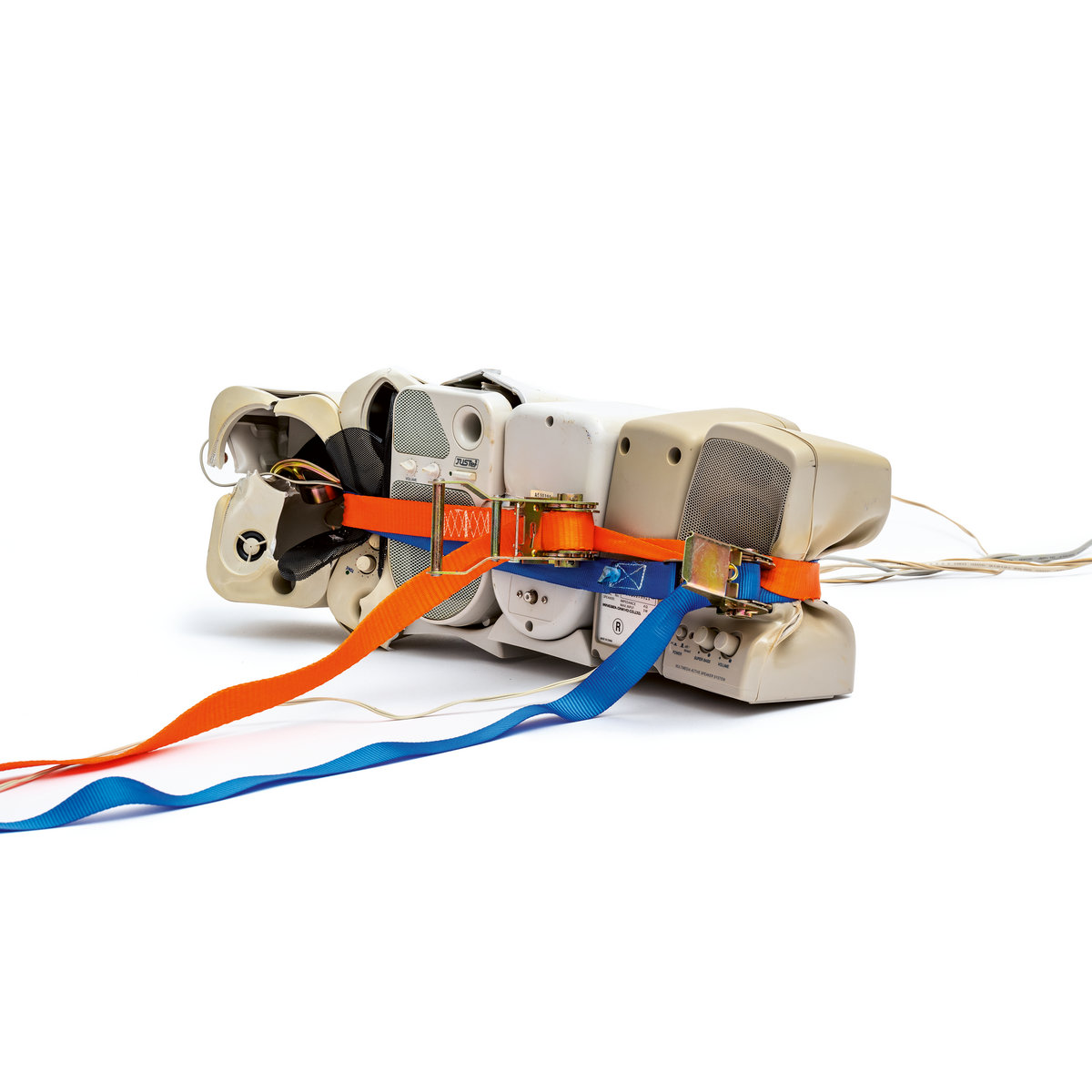Oneohtrix Point Never
Again
WARP
ABOVE THE CURRENT
From new-age electronica to fusion jazz, and shoegaze to complexly rendered R&B often touched by lyrics rife with noirish sci-fi and semiotic references, Daniel Lopatin’s experimental, sample-heavy, genre-jumbling aesthetic has managed to be both magically obtuse and uniquely viable for just about any listener across nine studio albums and a handful of soundtracks (most recently scoring Nathan Fielder and Benny Safdie’s The Curse), to say nothing of collabs with mainstream soul vocalists such as The Weeknd. Even at his most angularly abstract, the soundscapes of Lopatin’s Oneohtrix Point Never are always poised and craftily manufactured, not to mention earworm-friendly.
After the focus on 2020’s psychedelically spirited Magic, his tenth album, Again, marries a handful of his past styles, soulful vibes, and sample tricks into one future-forward, frothing, fluid stream of sound surrounding what he himself has called “a speculative autobiography” with ties to previous works and worries. Featuring contributions from Sonic Youth members Lee Ranaldo and Jim O’Rourke for the sake of dream-noisy guitar streams, there’s an added dose of freneticism to Oneohtrix Point Never’s sonic proceedings and compositional output here, as if there’s something bugging him that he can’t quite say out loud.
Opening with the swirling, excessive string sounds of “Elseware” and dovetailing into the broke-beat harrumph of the title track, OPN jumps through hoops of Sturm und Drang and twang for “Krumville” (what’s with those bird calls?) into the Mellotron-heavy melodrama of “Memories of Music,” the shimmering simmer of “Locrian Midwest,” and the whifty space-tronics of closer “A Barely Lit Path.” At its most harried—say, "Plastic Antique” or “Nightmare Paint”—Lopatin’s most caffeinated thoughts race insistently in a blur you wish would slow (or stop) in order to savor the moment. But even if you’d rather have a million deliciously blurred bits of brilliance than a dozen chunks of slow-motion madness, Again offers the listener both sides of the equation.







